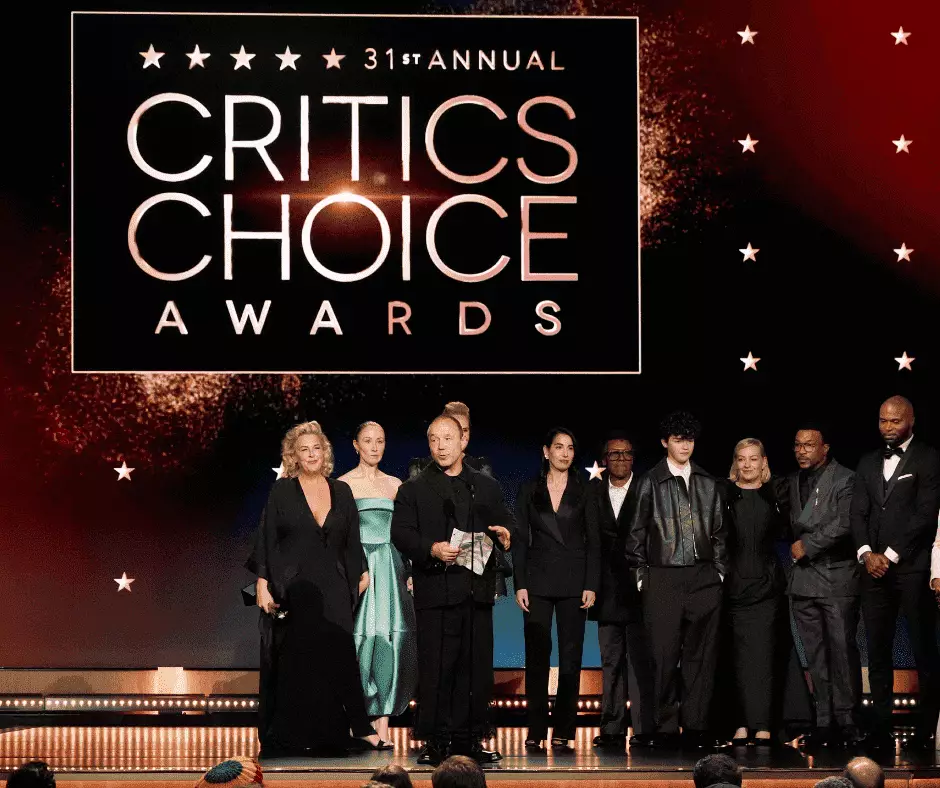With Warner Bros. moving forward on the Game of Thrones movie development, fans are eagerly awaiting a return to Westeros, the world where dragons, politics, and family feuds play out on an epic scale.
The project, likely to feature a Game of Thrones reunion of key characters, introduces exciting revenue possibilities, but also complex financial and royalty implications. Expanding a franchise that includes House of the Dragon, original series characters, and potential sequels or spinoffs complicates royalty management, especially with past cast members like Lena Headey having helped shape the show’s legacy.
Game of Thrones is no stranger to navigating intricate royalty agreements. Each layer of franchise expansion, from original TV series to HBO adaptations, and now to cinema, requires careful consideration of royalty structures for actors, writers, and production teams.
The new film has reignited interest in the show’s original finale plan and sparked fresh discussions about the roles of contributors in this series finale-inspired universe.
Here is how expanding fantasy franchises like Game of Thrones impact royalties across a growing web of contributors.
The Expanding Game of Thrones Universe
Originally an HBO adaptation of George R. R. Martin’s novels, Game of Thrones has grown into a multi-faceted empire, including the acclaimed spinoff House of the Dragon and upcoming projects that keep fans guessing.Warner Bros.’s decision to develop a Game of Thrones movie allows the story to reach broader audiences. Some speculate it could be a series finale reunion or explore untold tales and lore behind Westeros.
The film’s production opens new revenue streams, including box office returns, merchandise sales, streaming agreements, and soundtrack royalties. Each of these revenue sources requires a framework that ensures all contributors, from actors to costume designers, are fairly compensated as the franchise shifts formats.
Key Royalty Structures in Franchise Expansions
Actors and Performers
As Warner Bros. reopens doors for Game of Thrones stars, original cast members and even new talent may benefit from tiered royalty structures based on box office returns, streaming deals, and licensing for new merchandise.Past cast members like Lena Headey have already earned residuals through the original HBO adaptations, and a reunion or spinoff movie presents additional earning potential.
Writers and Creators
George R. R. Martin and the show’s writers often receive royalties from reruns, merchandise, and now potentially, a cinematic release. With Game of Thrones moving to the big screen, writers are set to negotiate royalties based on both their past contributions and new creative elements tied to the storyline.Production Teams
Behind-the-scene contributors, including costume designers, sound editors, and set decorators, also have a stake in expanded revenue channels.Iconic props or costumes, especially those featured in a film adaptation, create opportunities for licensing revenue through merchandising tied to specific scenes or characters.
The Role of Royalties in Franchise Growth
As Game of Thrones evolves, so does the framework for royalty agreements across different media.Merchandise linked to a series finale or other iconic moments can generate ongoing revenue, with potential earnings from both original series items and new movie-themed merchandise.
A franchise expansion also benefits streaming and rerun royalties as more fans revisit earlier seasons, while royalties from digital and international markets add additional complexity.
However, navigating this expanding web of contributors and revenue streams can lead to logistical challenges. Manual tracking of royalties across multiple media formats risks inefficiencies, and delayed payments can strain relationships between production companies and contributors.
Simplifying Franchise Royalties
As Game of Thrones moves towards cinematic adaptation, Creative Splits offers an ideal solution for managing royalties in sprawling franchises.Built to track and automate royalty distributions across multiple platforms, Creative Splits ensures accurate, timely payouts to everyone from key cast members to behind-the-scenes creators. The platform simplifies financial management in an era where franchise expansion necessitates more intricate royalties, freeing up contributors to concentrate on their artistic and narrative endeavours while their financial interests are taken care of with ease.
Conclusion
The upcoming Game of Thrones movie marks an exciting chapter in fantasy adaptations, with Warner Bros. bringing Westeros back to life for eager fans.Each new spinoff, sequel or character return introduces fresh royalty opportunities for the creators and contributors who help shape these stories.
With tools like Creative Splits, managing royalties for expanding franchises becomes more efficient, enabling fair and timely compensation across a growing fantasy empire.






